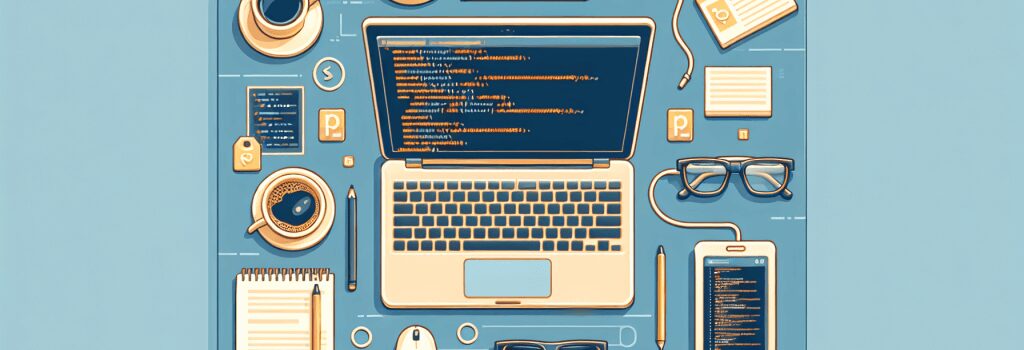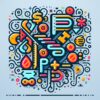Setting Up Your PHP Development Environment

Quick Start to PHP Development
Setting up a PHP development environment is the first step towards becoming a proficient PHP developer. This guide will walk you through the basic process of configuring an environment conducive to developing PHP applications.
Understanding the PHP Development Environment
A PHP development environment consists of a server, a database management system, the PHP engine, and a text editor or an Integrated Development Environment (IDE).
The Importance of a Local Development Environment
Developing locally on your computer allows for faster development cycles, easy debugging, and testing without the need for internet connectivity. It replicates the production server environment on your local machine, making transitioning your projects online seamless.
Step-by-Step Guide to Setting Up Your PHP Development Environment
Step 1: Install a Local Server
A local server like XAMPP, WAMP (Windows), MAMP (Mac), or LAMP (Linux) is essential. These software packages provide an Apache server, MySQL, PHP, and Perl. Installing them is straightforward:
1. Download the package suitable for your operating system.
2. Follow the installation instructions.
3. Start the services through the control panel.
Step 2: Install PHP
While the local servers mentioned come with PHP, understanding how to install or update PHP might be necessary. To manually install PHP:
1. Download the latest PHP version from the official PHP site.
2. Extract the files to a designated folder.
3. Configure the php.ini file according to your needs.
4. Update your system’s or local server’s configuration to include the PHP path.
Step 3: Choose Your Text Editor or IDE
Selecting an efficient text editor or IDE can significantly impact your development workflow. Some popular choices include:
– Visual Studio Code: Free, lightweight, and supports PHP.
– PHPStorm: A comprehensive IDE tailored for PHP development but requires a license.
– Sublime Text: A fast and highly customizable text editor.
Step 4: Install Database Management System
MySQL is widely used with PHP. It can be installed separately or through a local server package. For managing databases, phpMyAdmin is typically installed with local server packages, offering a user-friendly web interface.
Step 5: Configure and Test Your Setup
Test your setup by creating a simple PHP file:
1. Create a new file named ;test.php>.
2. Inside, write the following code: ;>.
3. Save this file in the root directory of your server (e.g., ;www> or ;htdocs>).
4. Open your browser and navigate to ;localhost/test.php>.
If you see the PHP information page, your development environment is correctly set up.
Conclusion
Setting up a PHP development environment is a crucial step in starting your journey as a PHP developer. By following the steps outlined in this guide, you will have a foundation on which to build and test applications in a local environment, closely mimicking production settings. As you grow as a developer, you may find the need to customize and expand your setup, but this initial configuration will serve as an excellent starting point for your development projects.


